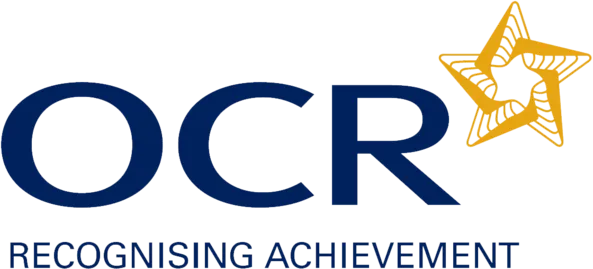The Ultimate A-Level Revision Guide: Proven Techniques Revising effectively is crucial for A-Level success. This ultimate guide provides 15 proven A-Level revision tips to help you master challenging concepts and achieve top grades.
1. Analyse Past Papers to Pinpoint Weaknesses
Past papers precisely indicate required knowledge and skills. Build a bank of previous years’ papers in all subjects and work through them regularly under timed conditions. Analyse which questions or topics you lost marks on. These are priority revision areas to build expertise in.
2. Handwrite Concise Revision Notes
Writing condensed revision notes by hand aids learning through the effort involved. Summarise key course content using bullet points, diagrams, mind maps and abbreviations in your own words. Reviewing handwritten notes reinforces retention.
3. Learn Faster with Flashcards
For crucial facts and figures, flashcards enable repetitive active revision. Carefully summarise must-know course content onto cards with a prompt on one side and key details on the reverse. Test your recall through self-quizzing.
4. Explain Concepts Out Loud to Others
Explaining ideas aloud to classmates highlights knowledge gaps. Choose a topic and explain it from start to finish as if to a tutor. This cements understanding and pinpoints areas needing work.
5. Utilise Online Quizzes for Quick Testing
After revising a topic, online MCQ quizzes assess retention. They also familiarize you with exam-style questions. Websites like Seneca, Quizlet and GCSEPod have huge A-Level question banks. Test yourself under timed conditions.
6. Create Mind Maps for Visual Learning
Representing information visually through colourful mind maps integrates artistic and logical thinking to deepen learning. Start with the key topic in the centre, then branch out related themes, events and vocabulary. Studying alongside normal notes provides a big-picture overview.
7. Practice Applying Knowledge with Past Papers
Compile relevant questions from all your past papers into topic-based practice sheets. Work through mini-tests covering one topic at a time to train exam skills and highlight knowledge gaps.
8. Take Handwritten Notes in Class
Pay close attention in lessons and take neat, handwritten notes. Never copy content word-for-word – use your own shorthand style. Review and add to them soon after each class while the material is still fresh.
9. Avoid Social Media and Other Distractions
When studying solo, switch phone notifications off and use website blockers to avoid digital distractions which hamper productivity. Maintain this focused mindset even in group sessions.
10. Eat Nutritious Brain Foods and Stay Hydrated
Your brain operates best when well nourished. Eat complex carbs, omega oils, fruits, vegetables, nuts and protein. Stay hydrated too – dehydration causes tiredness and mental fog.
11. Use Memory Techniques Like Acronyms
Memory techniques like acronyms and mnemonics help recall information. Turn key facts into acronyms using the first letter of each word in a process or name.
12. Take Regular Breaks to Re-Energize
While cramming all day seems logical, your brain actually retains more from shorter, focused periods of study. Take a 10-15 minute break each hour to stretch, snack, or chat to re-energize.
13. Stick to a Realistic Revision Schedule
Create and follow an organized revision timetable to eliminate procrastination. Log exam dates, then break subjects into manageable daily/weekly blocks focusing on weak areas.
14. Get Quality Sleep for Learning
Sleep cements newly learned information, so aim for 8-10 hours per night during intensive revision periods. Maintain a calming pre-bed routine and set a regular bedtime.
15. Do Some Light Exercise Daily
Daily exercise like walking provides a mental break, reduces stress and stimulates brain activity to benefit concentration. Schedule it into your timetable, but avoid tiring yourself out excessively.
A-Team Academy is the perfect place for students who want to get ahead in their studies. Our free trial lessons and assessments are a great way to see if our teaching style is a good fit for you, we have experienced tutors that can help you reach your full potential.
A-Team Academy Birmingham

















